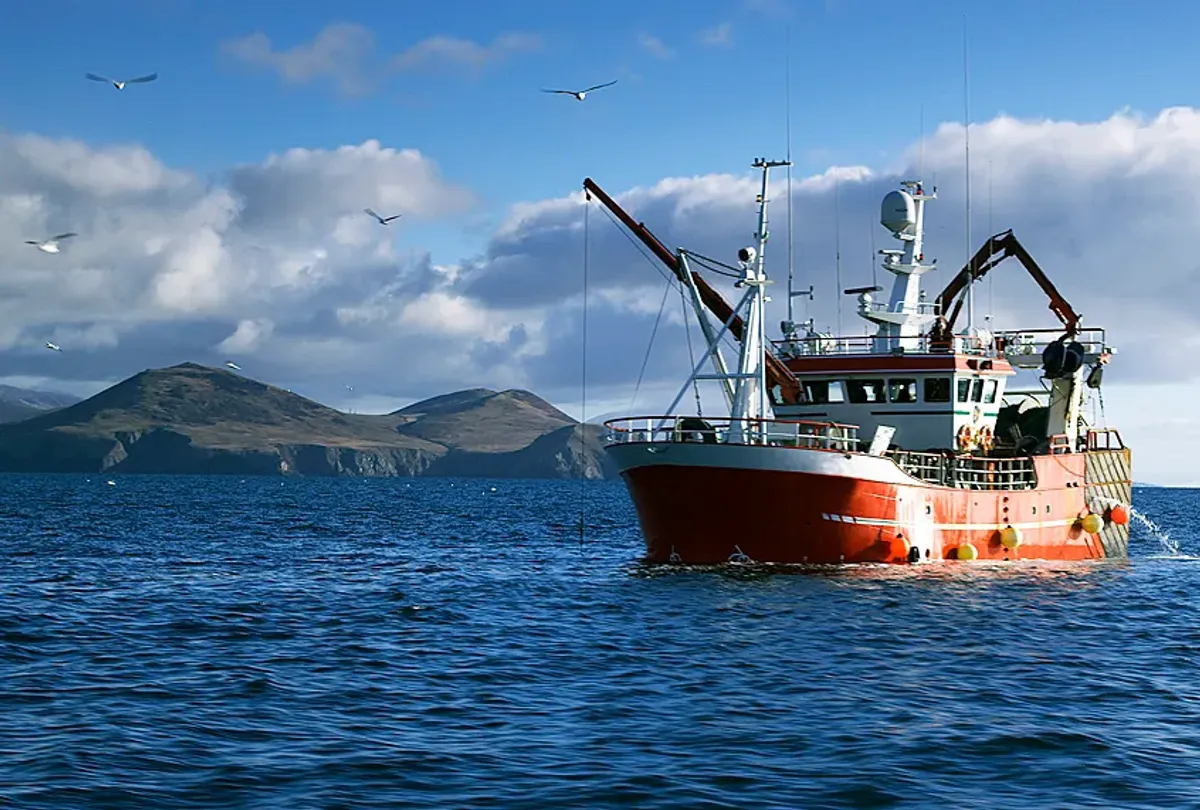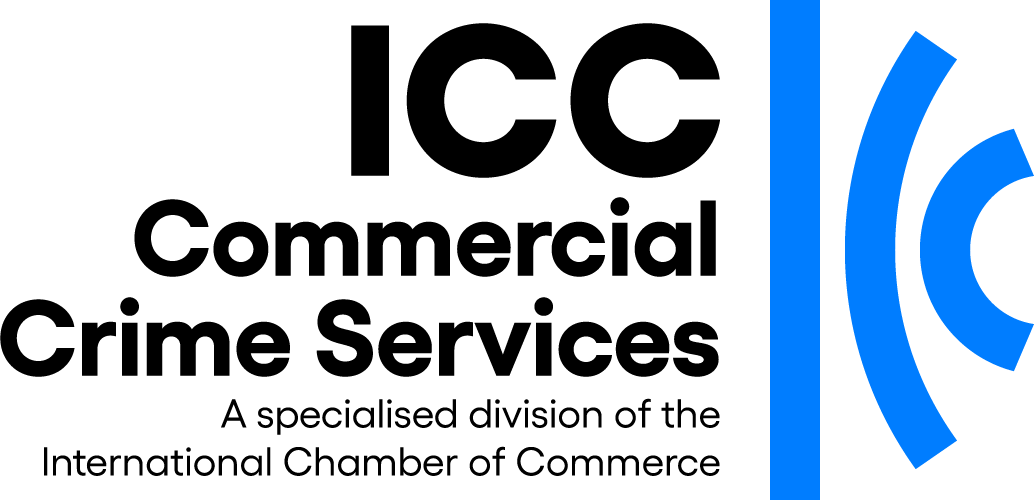

An ICC International Maritime Bureau (IMB) investigation has discovered a series of Internet-based scams aimed at the container shipping industry. Using fake websites, crooked cargo traders deceive buyers into believing that their phony cargo shipments are in fact real and being shipped.

An ICC International Maritime Bureau (IMB) investigation has discovered a series of Internet-based scams aimed at the container shipping industry. Using fake websites, crooked cargo traders deceive buyers into believing that their phony cargo shipments are in fact real and being shipped.
“The use of fake websites has come to the shipping industry. IMB is monitoring this new activity very closely,” IMB Assistant Director Michael Howlett said.
Fraudulent websites have been numerous in stock market scams, where they are used by con artists to artificially pump up the price of a stock and then dump it at an inflated value. But the use of phony websites in the shipping industry is relatively recent.
IMB investigated a case where a consignment of sugar was never shipped. False bills of lading were issued indicating the shipment had been transported. Accompanying the falsified bills of lading was a fake website with a phony tracking service providing information – supposedly confirming the movement of the cargo.
“This level of sophistication and deception is very worrying,” Mr Howlett said. He advised cargo traders to take extra precaution to ensure the information they are receiving is factual and accurate. Web sites listed on some shipping documentation, particularly bills of lading, should be independently validated, he also recommended.
IMB has also recently documented a number of cases where a vessel was indeed in the noted port at the stated time, but was actually at anchor or undergoing repairs, not loading cargo.
It is no longer enough to check that a vessel has visited a load port on the date listed on a bill of lading, new IMB research shows.
“Although fraudulent bills of lading have been plaguing the shipping industry for some time, the shipping industry should be aware of this new criminal element – phony web sites,” Mr Howlett added.
In-depth due diligence by a third party, such as the IMB is one means of securing reliable information about the credibility of shipping documents, traders, and cargo.
IMB is a division of the International Chamber of Commerce specifically dedicated to fighting all types of maritime crime and malpractice. The Bureau provides independent verification and investigation services to the shipping industry.
For further information about this article or services provided by the Bureau, Tel. ++ 44 20 8591 3000, or E-mail: imb@icc-ccs.org






